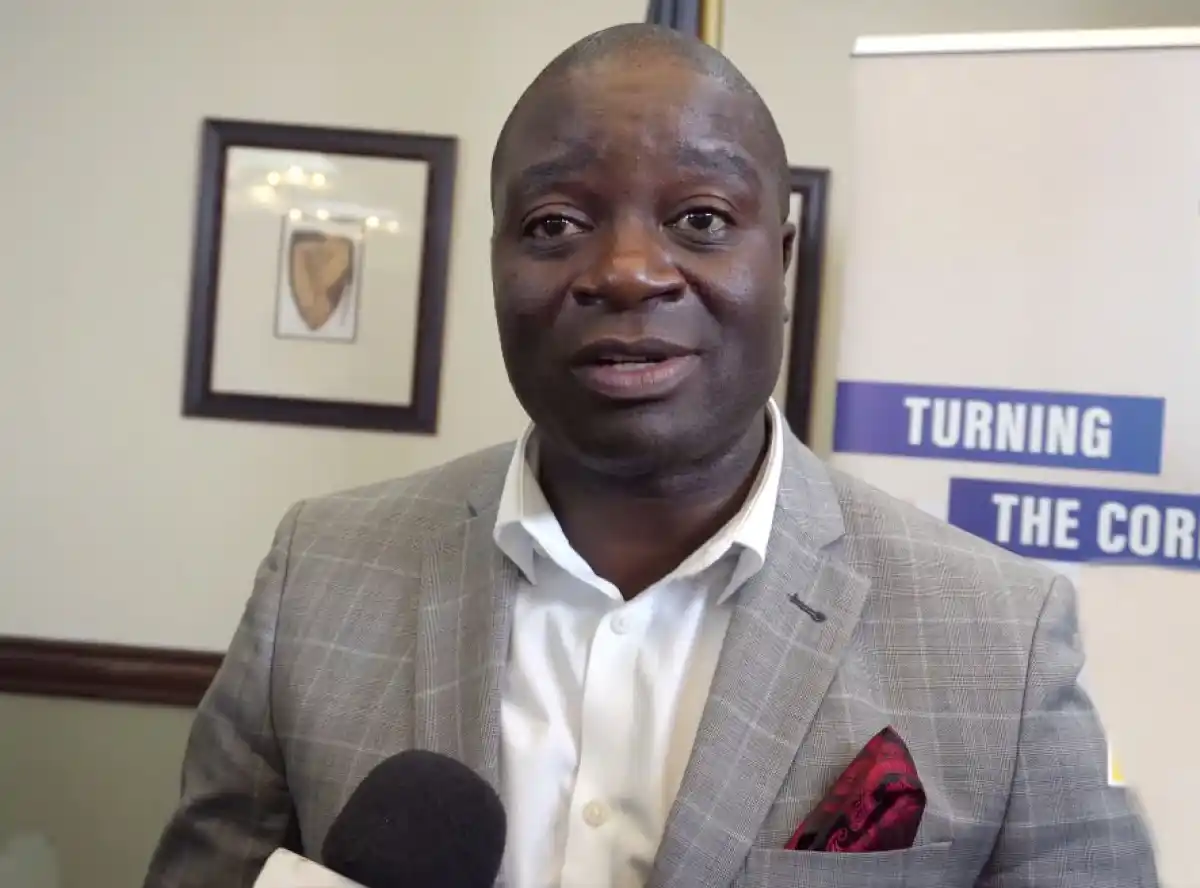
Reserve Bank of Malawi (RBM) Governor Wilson Banda and Secretary to the Treasury Betchani Tchereni yesterday dispelled fears that Malawi is at risk of domestic debt default.
Reports of a possible domestic debt default yesterday sent shockwaves in the market.
But in an interview in Lilongwe, both Banda and Tchereni said there should be no panic in the market as authorities have no plans to restructure domestic debt.
“The public should be assured that the government has no plans or intention to restructure domestic debt.
“Moreover, the government has no history of debt default and currently it is repaying its debt obligations. As such, domestic debt remains sustainable,” Banda said.
Commenting on the status of debt, the two indicated that debt had risen on account
of various factors including external shocks such as Covid, cholera outbreak and weather-related disasters.
They observed that to manage the situation, government expenditures had to be adjusted thereby putting pressure on the fiscal space. In addition, the above shocks affected production, thereby worsening the country’s balance of payment position, which resulted in misalignment of the exchange rate.
“As such, the exchange rate had to be adjusted to contain the pressures. Consequently, this corrective policy measure had a negative impact on overall debt position by raising the external debt stock without contracting new debt,” Banda said.
On his part, Tchereni said the government is fully aware of the rising sovereign risk and the intricacies of the sovereign-bank nexus highlighted by the Financial Stability Report.
“You should be comforted to learn that the Ministry of Finance plays a key role in monitoring these issues and developing appropriate policy responses.
“The government, through the Ministry of Finance and Economic Affairs, is a member of the Financial Systems Stability and Development Committee (FSSDC) which is mandated to identify and assess systemic risks and vulnerabilities to financial system stability in the country and recommend measures to address them,” Tchereni said.
According to Tchereni, the government is monitoring the situation as well as reviewing various recommendations aimed at addressing this issue from the FSSDC.
He observed that the recommendations would be implemented based on their merits in due time.
“Meanwhile, with input from key stakeholders, several initiatives are already underway. For instance, the government is exploring and implementing necessary measures to improve fiscal space by boosting domestic revenue.
‘The public may wish to know that in July 2024, government revenue improved by 106 percent month on month largely due to these efforts. We are also focusing on expenditure controls to ensure improved fiscal discipline,” Tchereni said.
He added that the government was instituting measures to bring debt to sustainable levels.
Among these efforts, Tchereni said, the government was actively engaging with external creditors to explore options for debt restructuring to ease the burden on debt payments.
“So far, agreements have been reached with China and Kuwait while discussions with other bilateral creditors such as Saudi Fund and Abu Dhabi are at an advanced stage.
“Meanwhile, on the commercial creditors’ side, the government has made significant progress with Afreximbank and Trade and Development Bank,” he said.








0 Comments